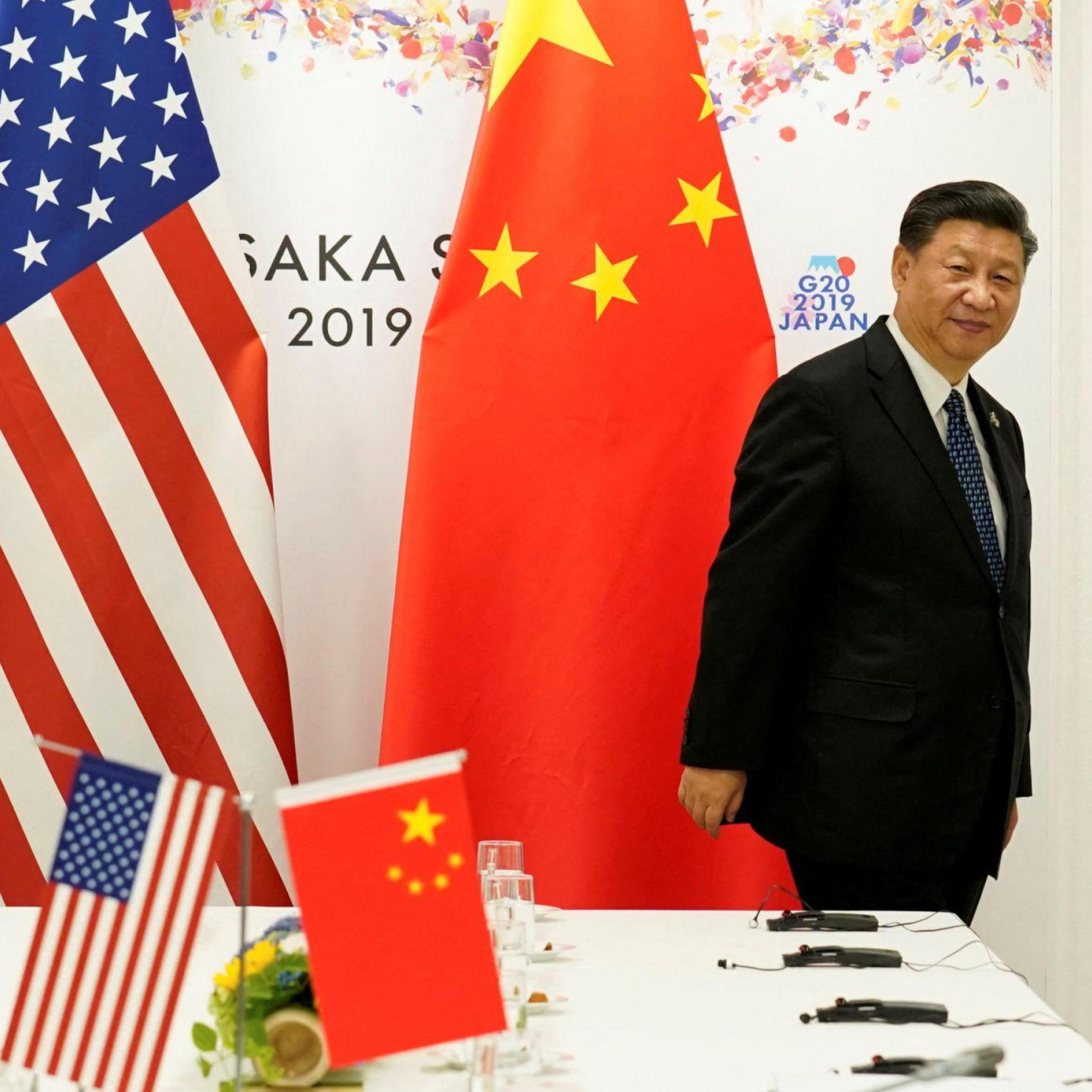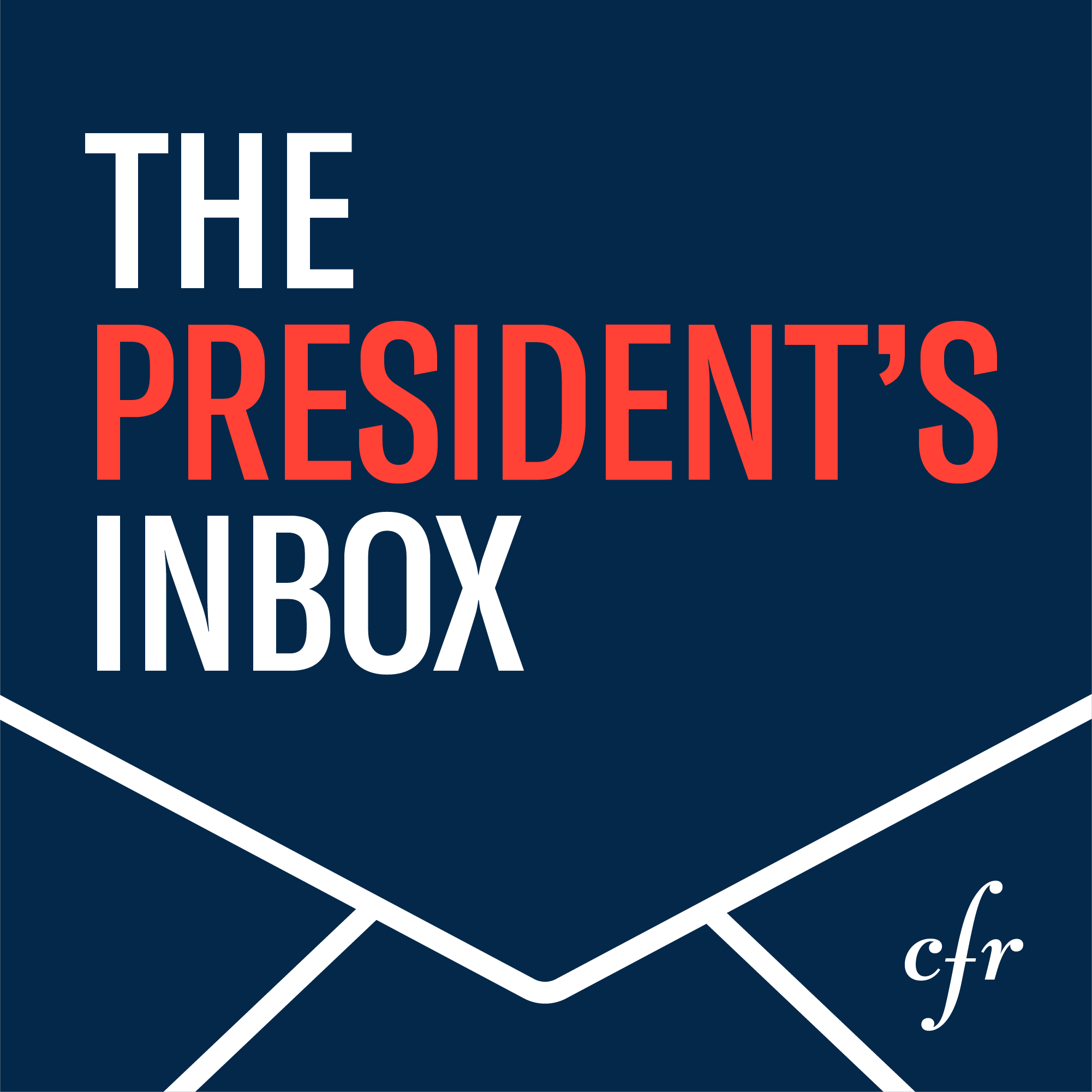
China Reacts to Trump’s Election, With Zoe Liu (Transition 2025, Episode 7)

The President’s Inbox
Deep Dive
Why is Beijing not happy about Trump's election?
Beijing is concerned about the uncertainty Trump's return brings to the U.S.-China relationship, especially after the Biden administration had stabilized it with guardrails. Additionally, Trump's previous term increased tensions over trade and technology, issues that remain thorny.
What is Beijing's view on Trump's team for U.S.-China relations?
Beijing observes that the market has reacted calmly to Trump's team, suggesting no immediate overreaction is needed. However, practical issues like sanctions on Marco Rubio due to his stance on Taiwan and human rights remain unresolved.
Why did China sanction Marco Rubio?
China sanctioned Rubio for his outspoken stance on Taiwan and human rights, which Beijing considers core domestic interests that should not be interfered with by foreign entities.
What is the Chinese economic model that Zoe Liu refers to as 'failing'?
The model, which has driven China's double-digit growth, is export-oriented and state-led investment in strategic sectors. However, it has left household consumption underdeveloped, leading to overinvestment and under-consumption, which is less sustainable as China's economy matures.
How might tariffs on China be an opportunity for domestic reform?
Zoe Liu suggests that tariffs could force China to address its insufficient domestic demand by leveraging external challenges, similar to how China reformed during its WTO accession. This could push for a more sustainable economic model focused on domestic consumption.
What leverage does China have in its trade negotiations with the U.S.?
China could weaponize its dominance in critical mineral supply chains by imposing export controls, as well as strengthen anti-sanction measures to weaponize access to its market, making compliance with U.S. export controls illegal for companies wanting to trade with China.
What is the 'neijuan' or 'involution' problem in China's economy?
Neijuan refers to intense domestic competition in the same sectors due to overinvestment by local governments. This leads to thousands of companies competing in the same space, driving some to seek higher margins by investing overseas, such as in Vietnam or Morocco.
What is the potential for a grand bargain between the U.S. and China?
Some in Beijing see an opportunity for a grand bargain with Trump due to his flexibility and lack of ideological constraints. Potential offers could include voluntary export restrictions or carve-outs in export markets, as well as diplomatic gestures like inviting Trump to Beijing, which he enjoyed in 2017.
- China's reaction to Trump's election was unsurprised but unhappy.
- Reasons for unhappiness: return of uncertainty and continuation of trade tensions.
- Market reaction to Trump's team and policies was initially calm.
Shownotes Transcript
Zoe Liu, the Maurice R. Greenberg Senior Fellow for China Studies at CFR, sits down with James M. Lindsay to discuss how Trump’s victory is being viewed in China and what his presidency will mean for the future of U.S.-China economic relations. This episode is the seventh in a special TPI series on the U.S. 2025 presidential transition and is supported by the Carnegie Corporation of New York.
Mentioned on the Episode
Zongyuan Zoe Liu, Sovereign Funds: How the Communist Party of China Finances Its Global Ambitions)
Zongyuan Zoe Liu, )“Why China Won't Give Up on a Failing Economic Model),”* Foreign Affairs *
For an episode transcript and show notes, visit The President’s Inbox at: https://www.cfr.org/podcasts/tpi/china-reacts-trumps-election-zoe-liu-transition-2025-episode-7)